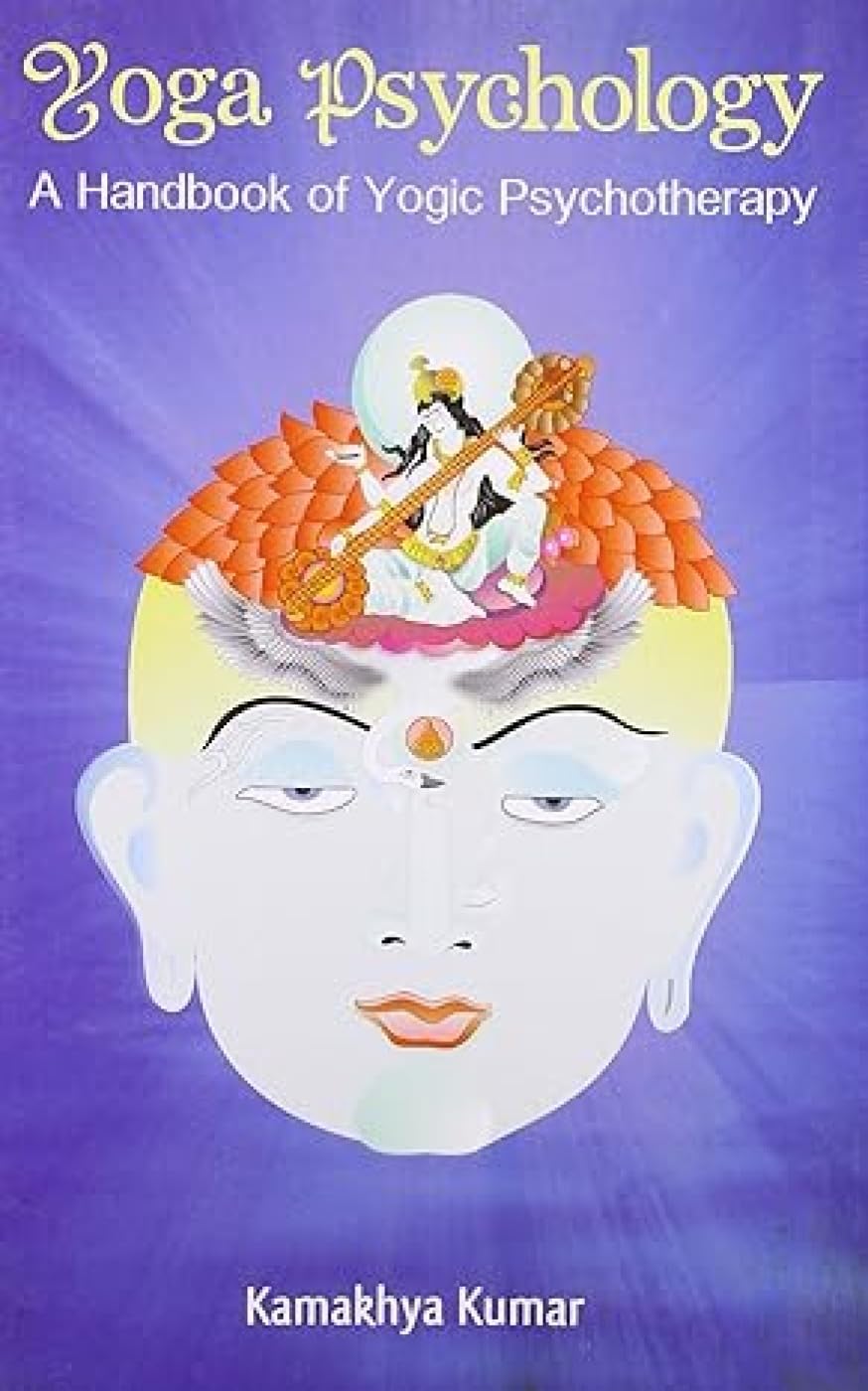Yoga Psychology: A Handbook of Yogic Psychotherapy
Yoga Psychology: A Handbook of Yogic Psychotherapy is backordered and will ship as soon as it is back in stock.
Couldn't load pickup availability
Genuine Products Guarantee
Genuine Products Guarantee
We guarantee 100% genuine products, and if proven otherwise, we will compensate you with 10 times the product's cost.
Delivery and Shipping
Delivery and Shipping
Products are generally ready for dispatch within 1 day and typically reach you in 3 to 5 days.
Book Detail
- Author: Kumar, Kamakhya
- Binding: Paperback
- Number of Pages: 224
- Edition: 1st Edition
- Release Date: 01-07-2013
- EAN: 9788124607121
- Package Dimensions: 9.8 x 7.4 x 1.1 inches
- Languages: English
Description:
Yoga psychology is both a positive and normative science. It not only analyzes human personality and its growth but also sets normative ideals and prescribes techniques to achieve these objectives. The broad goals of yoga psychology are expanding consciousness and mastering one’s mind. The topological aspects of the mind, as described by Freud in terms of conscious, subconscious, and unconscious levels, were thoroughly detailed in ancient yogic literature.
Practicing yoga helps in achieving a disease-free body and a sharp intellect. This book delves into the impact of yoga practices on psychology and emphasizes that consciousness in yoga encompasses a wider scope. It presents meditation procedures to attain psychic consciousness through the awakening of kundalini. The central principle of yoga psychology is homeostasis, which asserts that any imbalance in the physical, psychological, or pranic systems leads to disorders, and the solution lies in restoring balance.
The text explores the role of yogic psychotherapies such as prayer (prarthana), mantra sadhana, spiritual counseling, pranayama, yajna, sankirtana, self-study (svadhyaya), and vow observance (vrata anushthana). These practices are presented as effective solutions to various individual and social issues. The book concludes by presenting yoga psychology as an applied science that provides remedies for many problems, helping individuals develop their personality traits and experience a blissful life.





